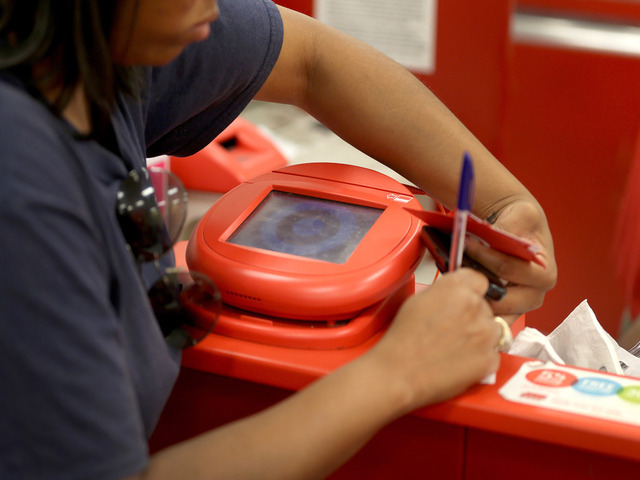A Wisconsin based Chiropractic clinic has leaked data from approximately 3000 patients. Read the story here and learn how to protect your data.
The chiropractic clinic in Wisconsin had to notify all 3000 of their clients regarding an incident which involved their data being breached. It had come to light late November of last year when it was realized that an ex-employee and chiropractic practitioner had extracted critical client information.
The former employee had access to client data to carry out their daily role in the clinic. They went a step too far by stealing client information away from the business. The information breached included details such as client’s names, direct contact details, date of birth, insurance information and even social security numbers. The perpetrator soon resigned after carrying out the dirty deed. Officials believe that this was a classic ploy to solicit clients for the perpetrator’s own gain.
What was the motive?
Without a customer base, there’s no business. So what makes customers highly valuable besides what they may spend on your product or service? In short, it’s their data. With client data, a business will have a deeper insight into the demographics of their client base, along with contact details and other personal information. There is much power to be gained by having a list of hot leads.
In this case, this former employee has stolen the business right from under the clinic’s feet.
How to protect your business from data breaches
Although it’s easier said than done, simply setting up protective measures to safeguard your business information is an essential step.
Practical solutions that can be implemented right away
- Don’t allow exporting of customer information from your business software or patient management systems.
- Restrict the use of USB thumb drives or any external media.
- A good endpoint solution can permit better control with the help of setting up effective device and media blocking policies.
- Physically conceal external backup drives and servers.
Non technical solutions
- Be sure to carry out background checks to ensure that potential employees have no criminal offences- especially if it pertains to fraud. The same can be done periodically for existing staff.
- Have new and existing staff sign a disclosure document to protect the business’ data, where breach of data can lead to liability.
- Training and educate staff on what constitutes potential data breaches.
- Have your attorney update your company’s T&Cs to protect the business in the event of a breach.
For more ways to secure your data and systems, contact your local IT professionals.








